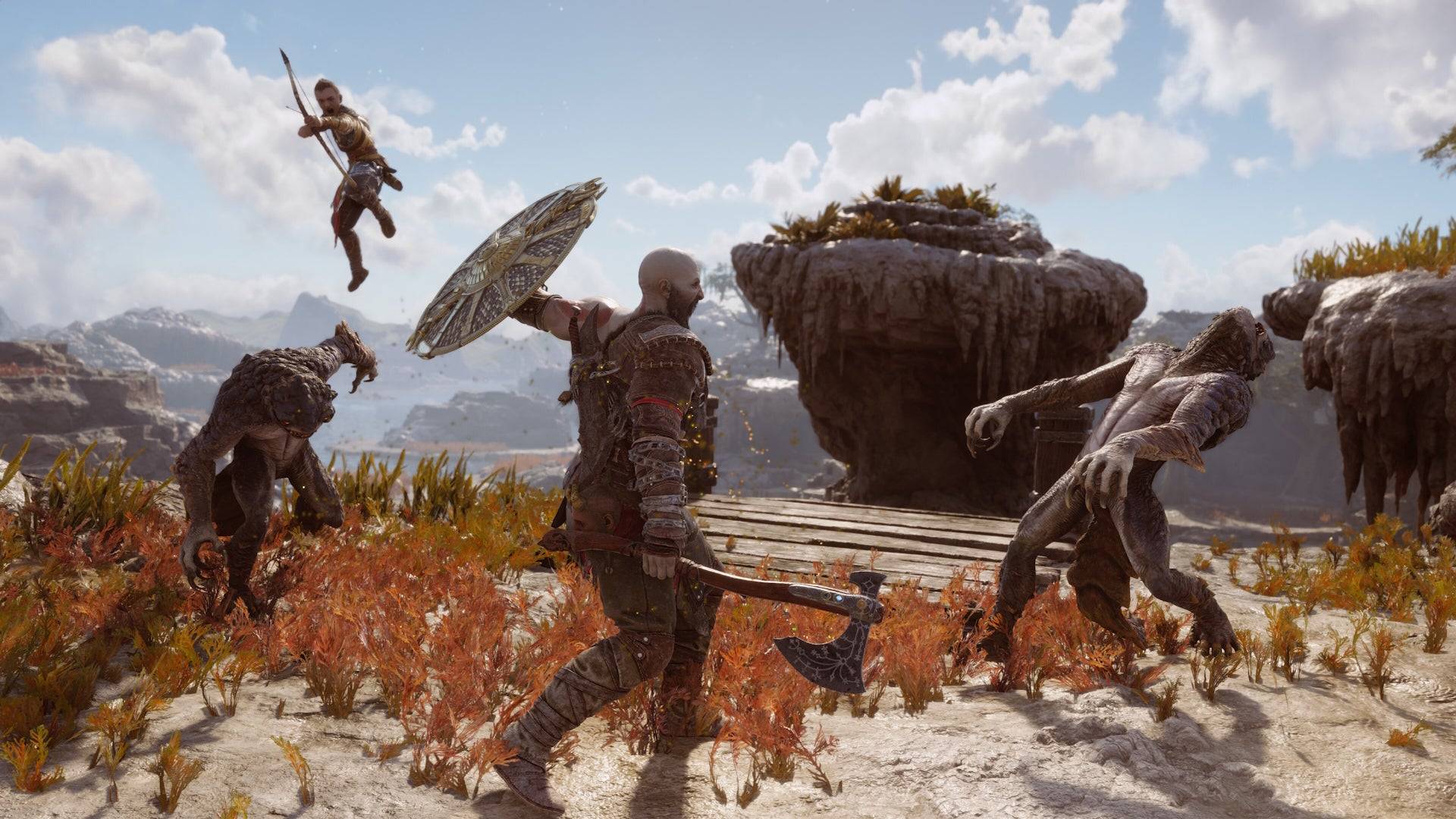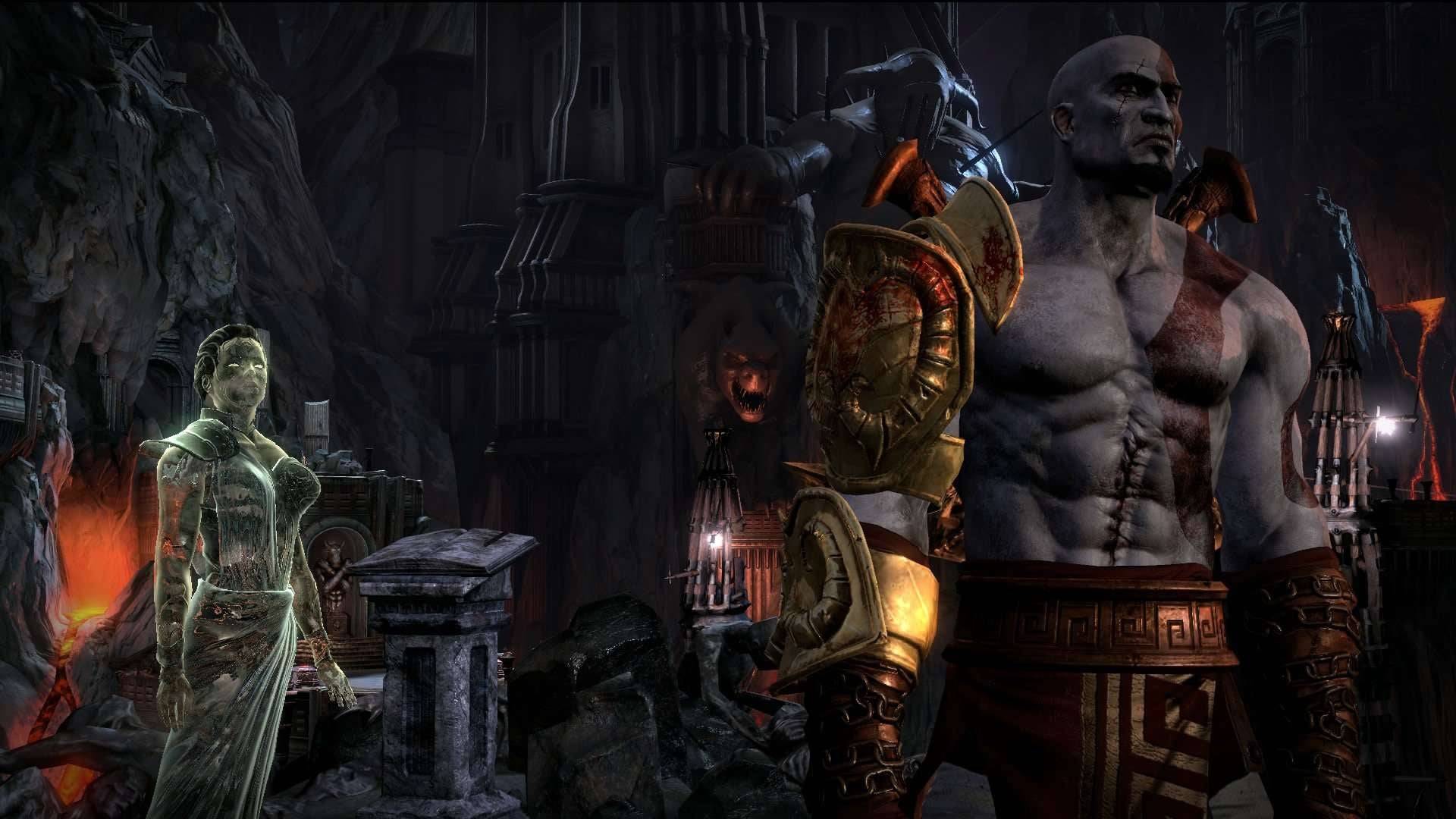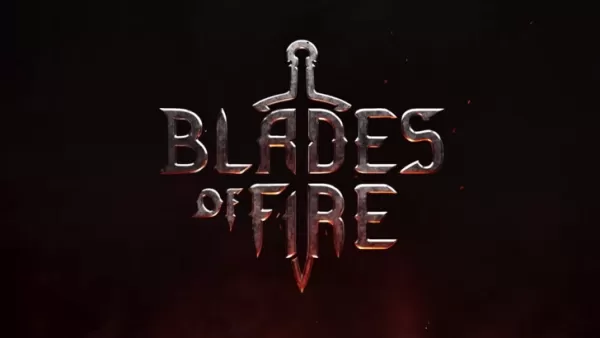The God of War series has captivated gamers across four generations of PlayStation consoles. When Kratos embarked on his vengeance-filled journey to become the new god of war in 2005, few could have predicted the evolution that would unfold over the next two decades. While many long-running franchises struggle to maintain relevance, God of War has thrived due to its readiness to adapt. The most significant transformation came with the 2018 reboot, which relocated Kratos from Ancient Greece to the realm of Norse mythology, revolutionizing both the series' presentation and gameplay. However, even before this acclaimed reboot, Sony Santa Monica introduced numerous smaller, yet impactful, changes that kept the series alive and engaging.
For God of War to continue its success, reinvention remains crucial. When the series shifted to a Norse setting, director Cory Barlog expressed interest in exploring other mythologies like Egyptian and Mayan. Recent rumors have reignited speculation about an Egyptian setting, which is understandable given the allure of its distinct culture and rich mythology. Yet, a new setting alone isn't enough; the series must reinvent itself just as it did when it transitioned from the successful Greek trilogy to the critically acclaimed Norse games, enhancing and updating its core components.

The series has consistently embraced change with each new installment. The original Greek trilogy evolved over a decade, refining its hack-and-slash gameplay to a polished state by the time God of War 3 was released. The trilogy concluded with Kratos wielding a revamped magic system that complemented the melee combat's rhythmic combos, facing a wider variety of challenging enemies. The transition to the PlayStation 3 allowed for enhanced graphics and dynamic camera angles, showcasing what was a graphical powerhouse in 2010.
The 2018 reboot saw significant shifts, with many elements from the Greek trilogy being altered or removed. The Greek games featured extensive platforming and puzzle-solving, which were largely phased out in the Norse games due to the new third-person, over-the-shoulder camera perspective. Puzzles remained but were adapted to suit the new adventure-focused design.
The narrative and mechanical return to the series' Greek roots in Valhalla marked a full-circle moment for Kratos. The roguelike DLC for God of War Ragnarök reintroduced battle arenas, a beloved feature from the original games, now tailored to the Norse setting. This mirrored the story's theme, as Kratos confronted his past in Valhalla, invited by the Norse god Týr, weaving together the series' past and present.
The Norse iteration of God of War isn't merely a rehashing of old ideas; it introduces a plethora of innovations. These include the Leviathan Axe's unique throwing mechanics, a combat-defining parry system utilizing various shield types, and in Ragnarök, a magical spear offering a swift, explosive attack style. These elements enhance exploration and combat across the Nine Realms, each with its distinct enemies, visuals, and characteristics.

While mechanical changes are noticeable, the storytelling evolution from the Greek trilogy to the Norse duology is profound. The latter explores Kratos' grief over his late wife and his strained relationship with his son, Atreus, which forms the emotional core of the games. Both characters uncover hidden truths, a stark contrast to the more straightforward narrative of the original trilogy. This deeper, more emotional approach is likely a key factor in the Norse era's critical and commercial success.
God of War's shift in both mechanical design and storytelling reflects a progressive approach to franchise development. The creators view the Norse games not as traditional sequels but as extensions of Kratos' journey, a perspective that should guide future installments.
The reinvention strategy isn't guaranteed success, as seen with Assassin’s Creed. Despite consistent profitability, the series has struggled to maintain the same fan loyalty across generations as God of War. The shift to an open-world RPG with Assassin’s Creed Origins diluted its connection to the original assassin lore, leading to mixed fan reactions and criticism over content bloat. The series attempted a course correction with Assassin’s Creed Mirage in 2023, returning to its Middle Eastern roots and tighter gameplay, which was well-received. Assassin’s Creed Shadows continues this trend, emphasizing stealth gameplay central to the series' early entries.
The mixed reception to Assassin’s Creed's changes highlights the risks of straying too far from a series' core identity. God of War, however, has navigated this challenge adeptly. Despite the Norse series being a radical shift, it retained the essence of Kratos' character and the series' mechanical roots, particularly the intense combat that defined the Greek trilogy. New features like additional Spartan Rage options, innovative weapons, and diverse combat and adversaries have built upon this foundation, enhancing the series without losing its identity.
Whether the rumors of an Egyptian setting materialize, the next God of War must maintain what has made the series successful. Initially, the focus was on combat, which had to match the intensity of the Greek trilogy. However, future games will likely be judged more on their storytelling, the heart of the Norse duology. Kratos' transformation from a rage-driven warrior to a complex father and leader underscores the importance of narrative in the post-2018 games. The next installment must leverage this strength while introducing bold new changes, aiming to be remembered as the pinnacle of the next era of God of War.
















